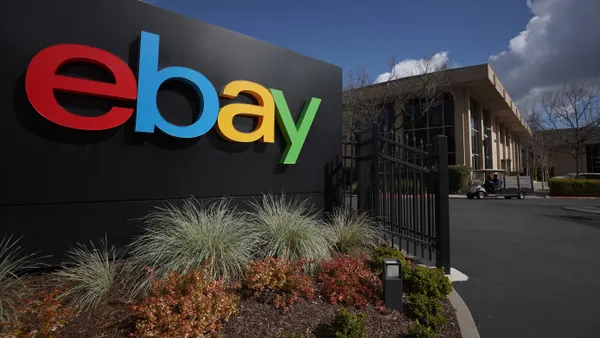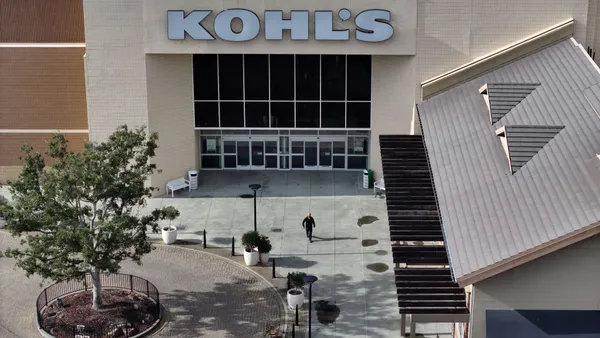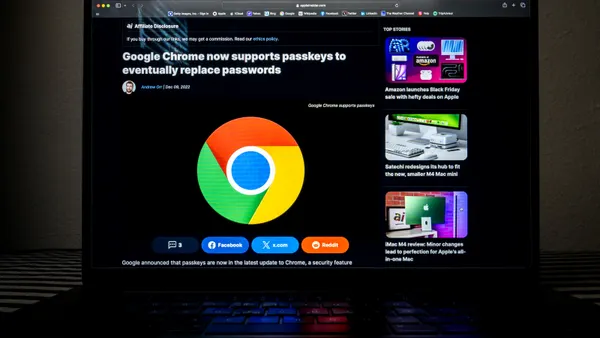Dive Brief:
- Ford CEO Mark Fields announced that the automaker is developing a commercial fleet of self-driving vehicles set to hit the road in 2021, with plans to address commercial applications such as ride-hailing and package delivery, according to a release.
- Ford didn't announce specific plans for those services, but the auto giant did announce investments in four different technology companies it's working with to deliver on this vision.
- “The first application of the fully autonomous vehicle will be commercial applications, whether it’s ride-hailing or parcel delivery,” Fields said, according to Recode. “These vehicles, given the technology they have, will still be relatively costly. So when you look at ride-hailing services and you look at the economics of that business, the biggest cost is the cost [of] the driver. When you take that element out, it not only restructures the cost of the ride-hailing service, but the cost to the consumer ultimately comes down. As the decade goes on, you’ll see more application from individual or retail consumers, but we see that happen in the back half of the decade.”
Dive Insight:
It's exciting to see a traditional auto industry giant bet big on an innovation like self-driving cars. There is still, of course, a long way to go in the development, regulatory approval and market acceptance of such vehicles, but Ford appears committed to seeing the strategy through.
The bet is predicated on using self-driving cars for commercial applications. Ford doesn't see immediate potential in selling self-driving cars to consumers, with Fields saying there are more immediate use cases in ride-hailing and package delivery.
The latter application is particularly notable for retail and e-commerce — if self-driving cars can be used for delivery, it could automate the last mile of distribution, bringing down costs and reducing the complexity of the operation. Same-day delivery has been a tough nut to crack, with many startups struggling to find the right approach.
As it gets further into development, it will be interesting to see how Ford's envisioned applications develop. While Fields fired a fairly specific early warning shot across the bow of the Ubers and Lyfts of the world, its shot in the direction of traditional package delivery companies was far less specific.
But the statement raises the possibility that Ford could partner with a major shipping company to bring self-driving cars into delivery services. Shippers are aware of the potential self-driving cars could have on their business: DHL is among those in the traditional shipping sector that have dabbled in variations on driverless vehicles.
Today, the package delivery market is already shifting quickly to new models, whether that means new express delivery options, smart lockers or e-commerce retailers that want to do their own shipping.
But a delivery van without a driver in it? Maybe by the time it happens, it will be a foregone conclusion.












